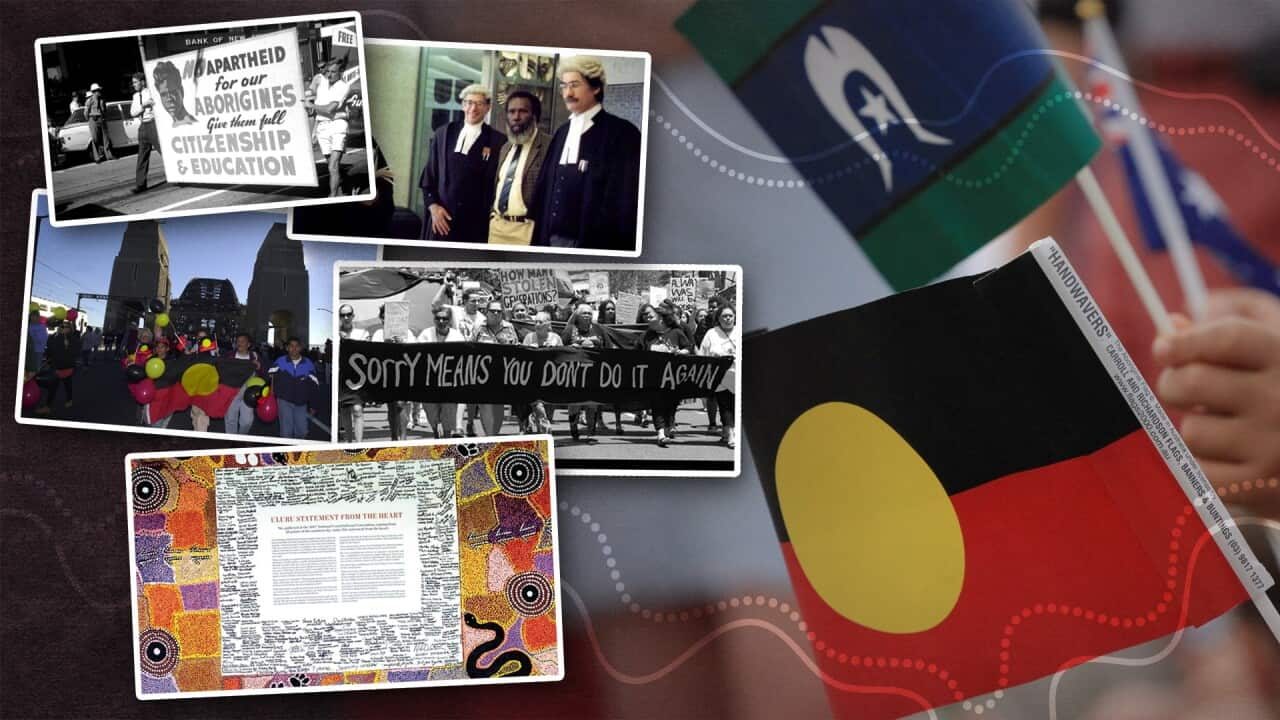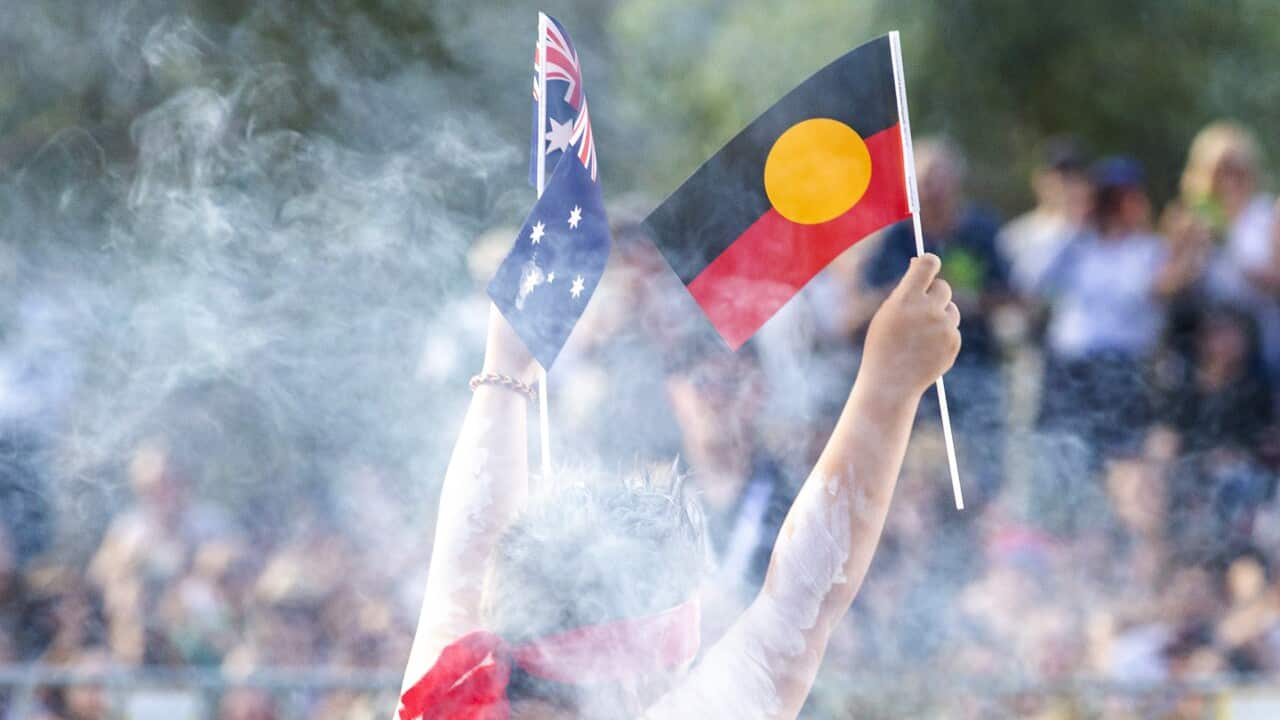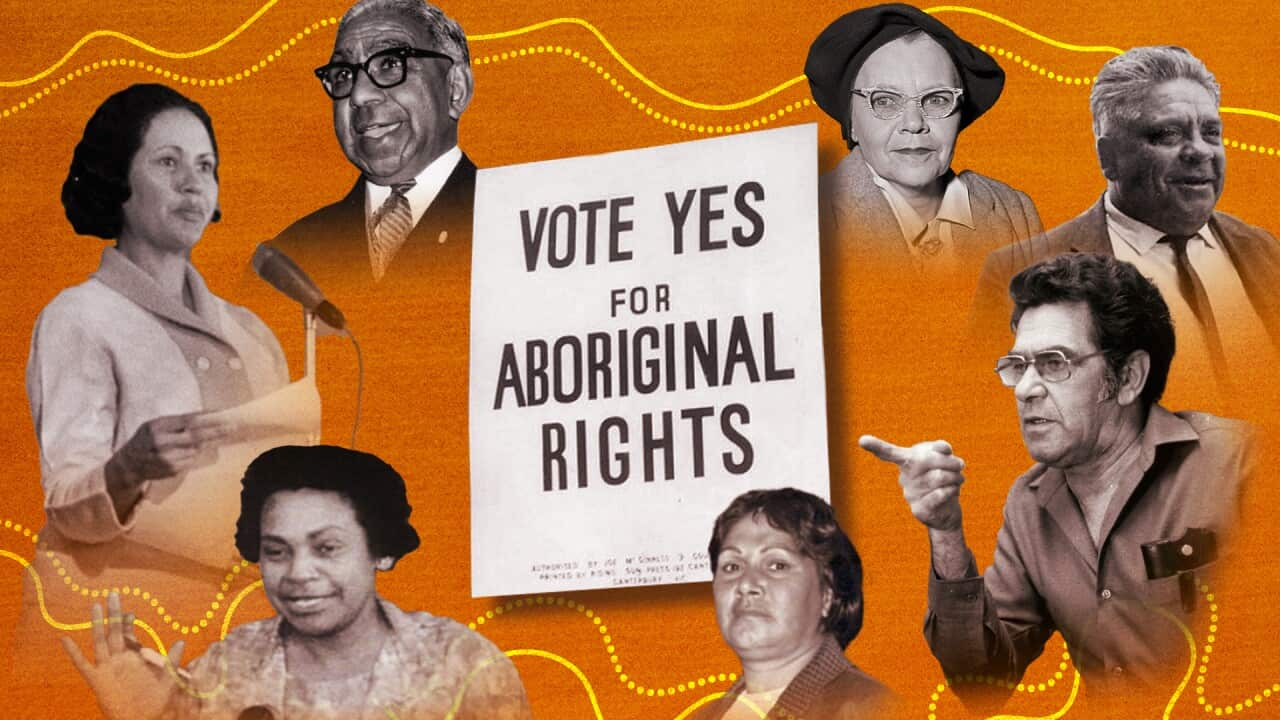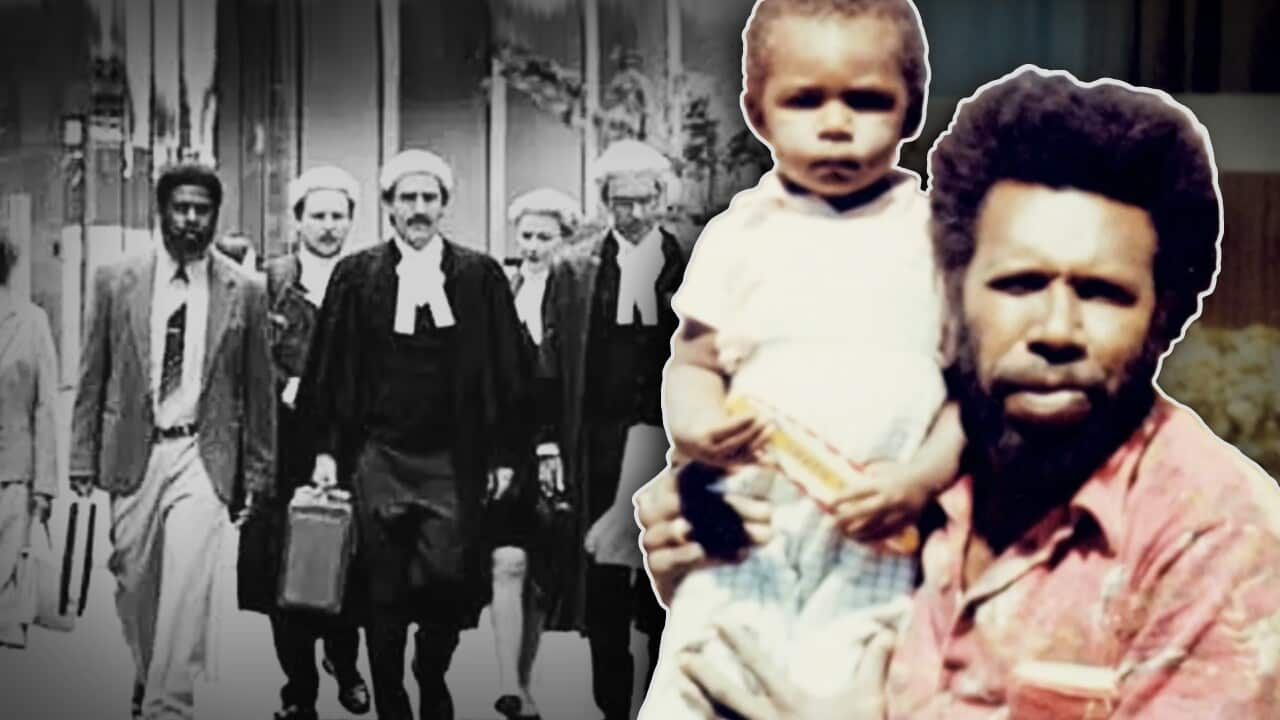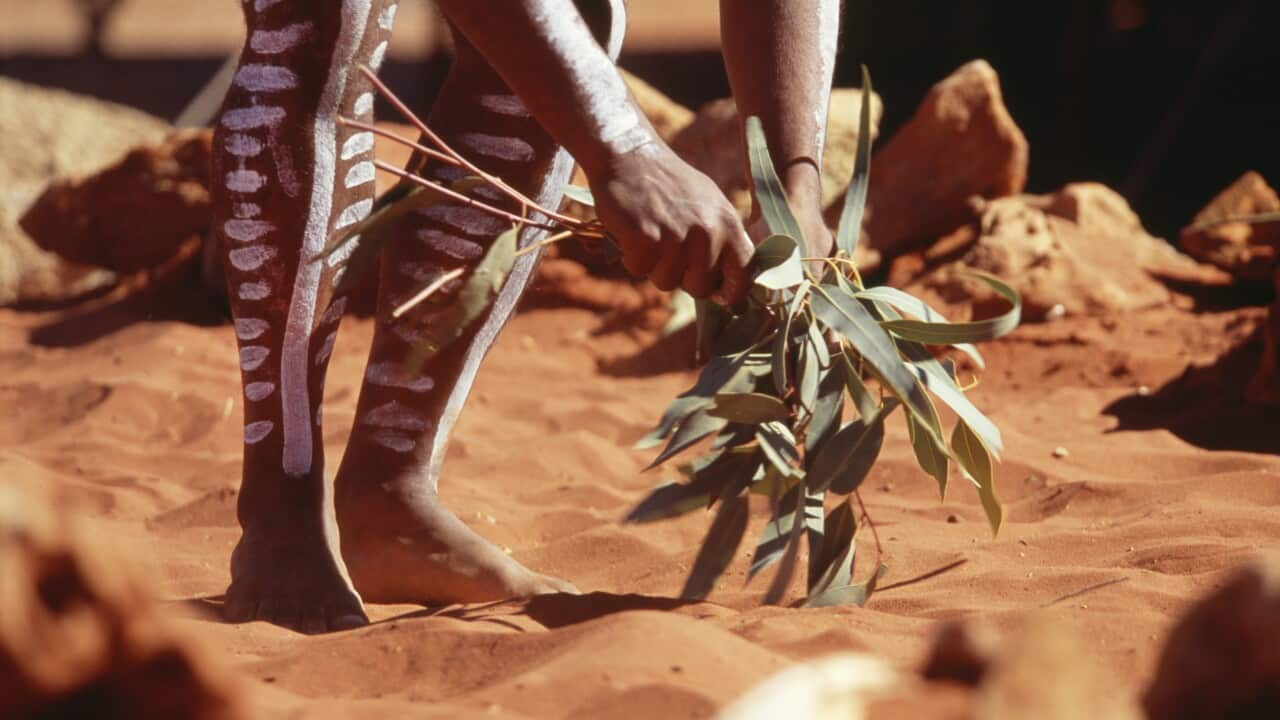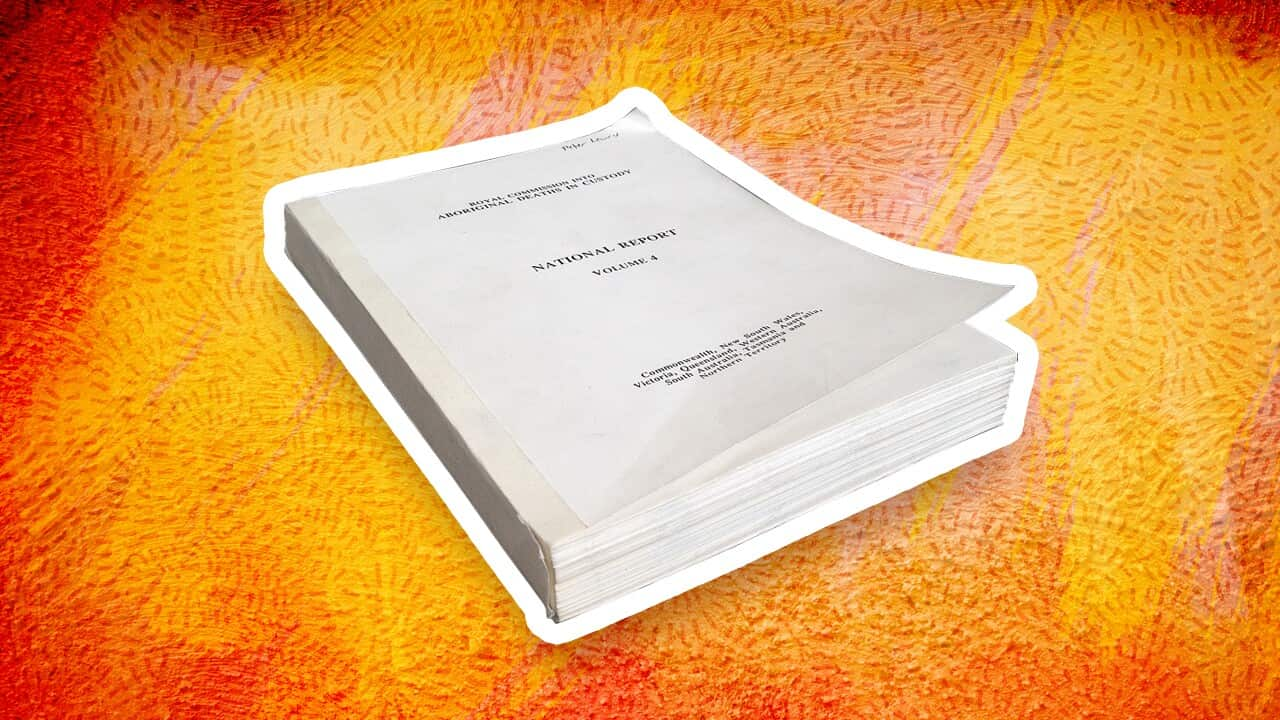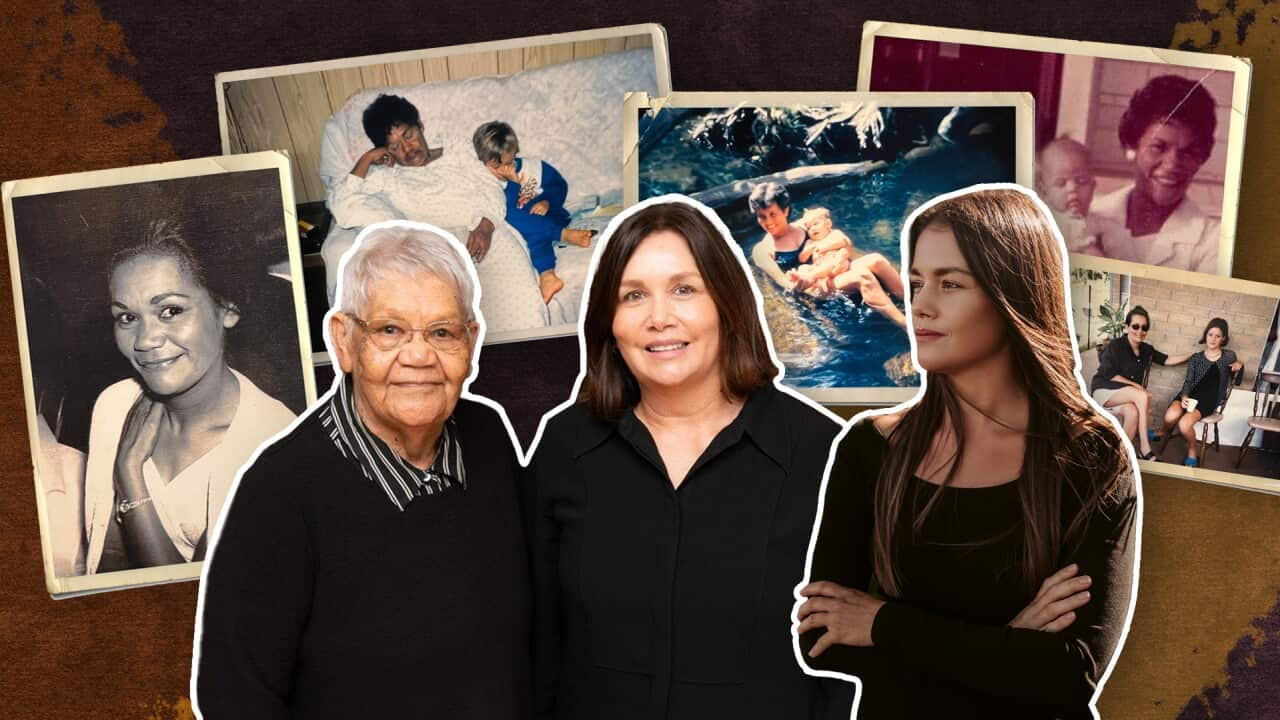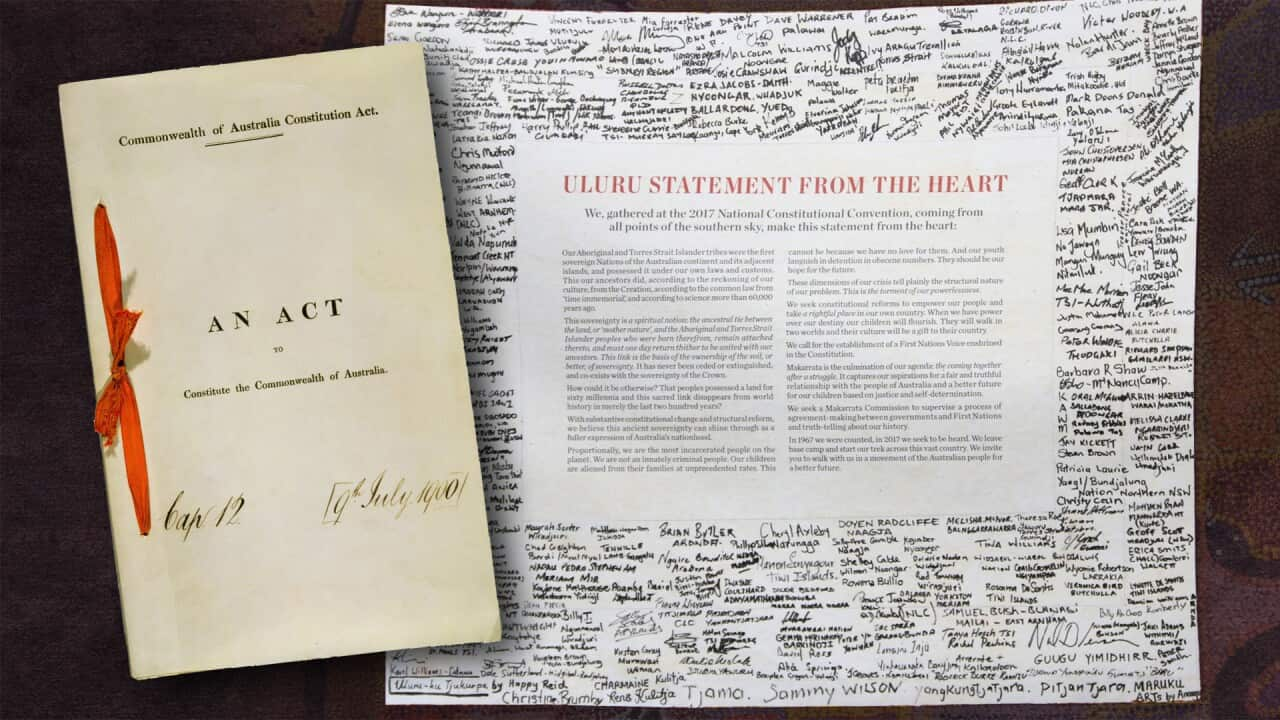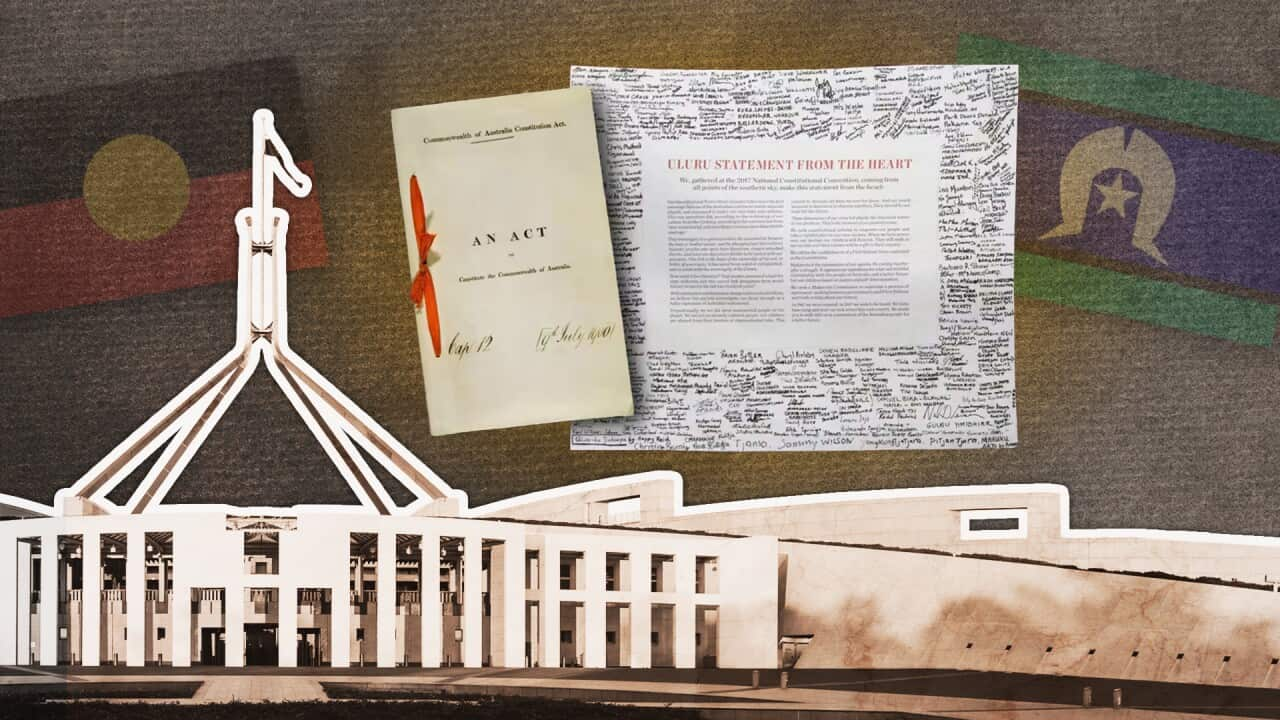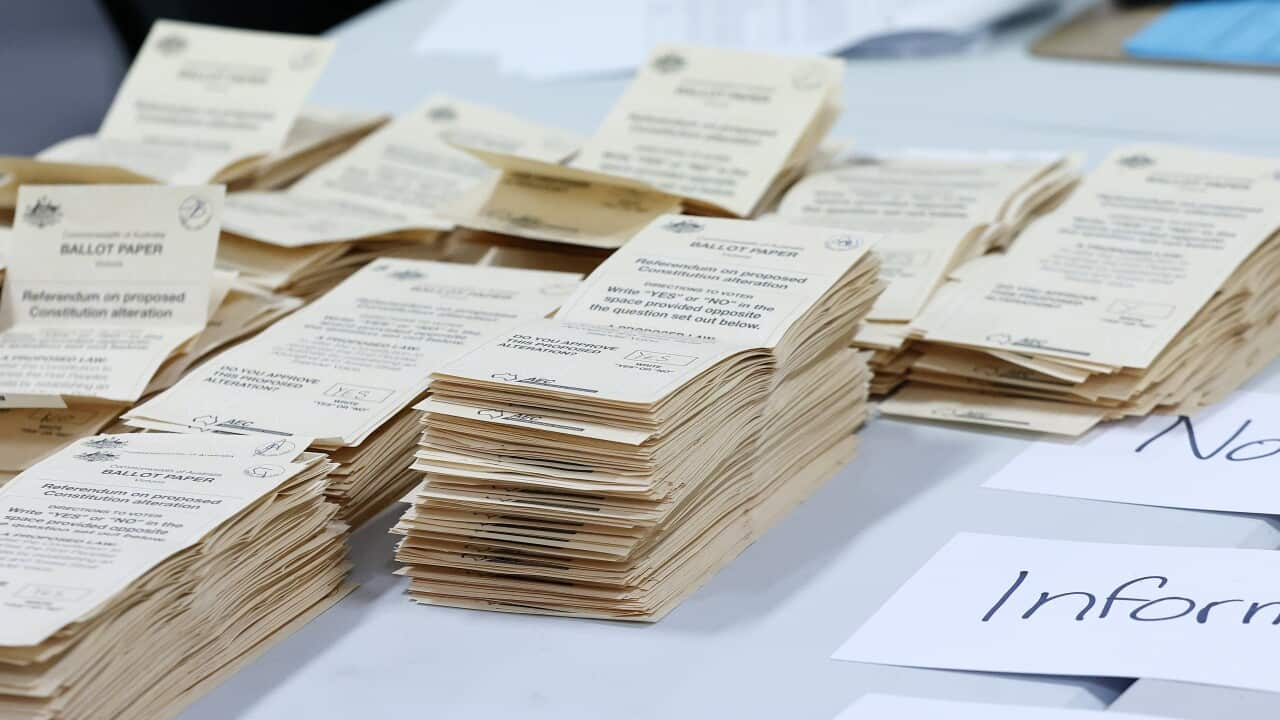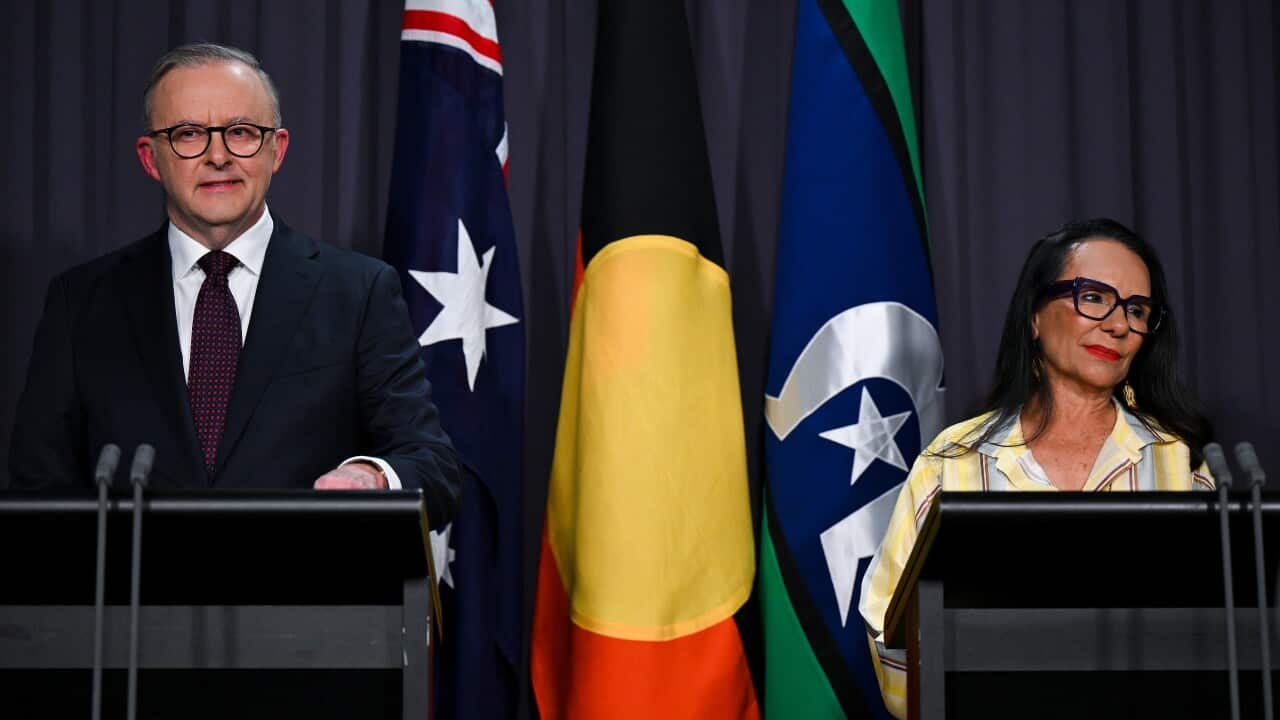Across the country communities, workplaces, sporting clubs and corporates are celebrating Reconciliation Week.
The week is observed with cupcakes, conferences, and concerts all in the spirit of reconciliation, the act of "restoring friendly relations".
While the week is a staple in the Australian calendar, not many know how it came to be, or the decision to celebrate reconciling on these dates.
What is important about the dates of Reconciliation Week?
The day before Reconciliation Week, May 26, is National Sorry Day. It began in 1998, a year after the Human Rights Commission released Bringing them Home: Report of the National Inquiry into the Separation of Aboriginal and Torres Strait Islander Children from their Families.
The day remembers and acknowledges the Stolen Generations, who were forcibly removed from their families and communities under government policy between 1910 and 1970.
READ MORE

Explainer: the Stolen Generations
May 27 is the beginning of Reconciliation Week and was set as such to mark the date of the successful 1967 referendum.
The referendum sought to change two sections of the Australian Constitution.
It saw the repeal of which saw Aboriginal and Torres Strait Islander peoples excluded from Australia's population.
"In reckoning the numbers of people of the Commonwealth, or of a State or other part of the Commonwealth, Aboriginal natives shall not be counted," it read.
The referendum also saw the removal of "other than the Aboriginal race" from which read:
"The Parliament shall, subject to this Constitution, have power to make laws for the peace, order, and good government of the Commonwealth with respect to . . . (xxvi) the people of any race, other than the Aboriginal race in any State, for whom it is deemed necessary to make special laws."
This amendment meant states could no longer make policies for Aboriginal and Torres Strait Islander people such as Aboriginal Protect Acts which legally allowed the state to remove children.
Many highly esteemed Aboriginal and Torres Strait Islander activists campaigned for the Yes vote, including , Jack Patten, , William Cooper, Ms Gibs, Faith Bandler and the.

Bishop Garnsey, Faith and Lilon Bandler campaigning for a YES vote, 1967 Credit: Australian Institute of Aboriginal and Torres Strait Islander Studies/Audio Visual Archive
Reconciliation Day ends on June 3, the date Australia's High Court passed down the Mabo Decision.
The High Court recognised the ownership Meriam people, led by Eddie Mabo, had over their homeland, Mer Island.
The group brought the case forward in 1982, and in a decade they collated overwhich cemented the eight clans of Mer occupied the island before colonisation.
Six of the seven High Court Judges agreed and passed down the decision in 1992. However, by that time three of the five plaintiffs had passed away.
The Mabo Decision was the catalyst for the recognition of Native Title and the passing of the Native Title Act in 1993.
How did Reconciliation Week begin?
The Royal Commission into Aboriginal Deaths in Custody presented its final report to Parliament in 1991. A recommendation of the report was the beginning of a process of national reconciliation.
From there, the Parliament passed the Council for Aboriginal Reconciliation Act, which established the Council for .
Under the legislation, CAR would operate for a decade, under the vision of a "united Australia" that respects the land, "values the Aboriginal and Torres Strait Islander heritage and provides justice and equity for all".
The council hosted 25 members, both Indigenous and non-Indigenous. Former Labor Senator, Yawuru man and the 'Father of Reconciliation' . In 1997, Indigenous rights activist Dr Evelyn Scott took over the position.
In 1993, the first National Week of Prayer for Reconciliation was observed. Three years later, support had expanded so CAR launched the nation's first Reconciliation Week.
The inaugural Australian Reconciliation Convention took place in Melbourne in 1997. The Bringing them Home report was handed down at the event, which garnered almost 2,000 people.
One of CAR's greatest achievements was the Walk for Reconciliation in 2000. It's estimated walked across the Sydney Harbour Bridge in the name of Reconciliation.

A photo from May 28, 2000, where thousands of Sydneysiders walked across the Harbour Bridge in the spirit of reconciliation. Source: AAP / AAPIMAGE
The reports, The Australian Declaration towards Reconciliation and The Roadmap for Reconciliation argued a reconciled nation could not be achieved in only a decade.
This led to the establishment of the national peak body Reconciliation Australia.
In 2006, the body launched its Reconciliation Action Plan (RAP) program.
The program has five tiers, each of which supports organisations to better their internal reconciliation process. Currently, over hold a RAP.
Reconciliation Australia had a hand in the Close the Gap campaign, the National Apology to the Stolen Generations in 2008, Australia's support of the United Nations Declaration on the Rights of Indigenous People in 2009 and the establishment of the National Congress of Australia's First Peoples in 2010.
In January 2012, the Expert Panel on Constitution Recognition of Aboriginal and Torres Strait Islander Peoples released a report detailing extensive public consultations. This paved the way for Reconciliation Australia to launch Recognise, a campaign to achieve Constitutional recognition.
However, the campaign was disbanded in 2017 after funding was cut. This followed Prime Minister Malcolm Turnbull's rejection of the Uluru Statement from the Heart.
Despite the setbacks, Reconciliation Australia remained committed to Constitutional recognition and heavily supported the Yes campaign for the 2023 referendum on an Aboriginal and Torres Strait Islander Voice to Parliament.
Professor Tom Calma AO, who is Co-Chair of Reconciliation Australia, was appointed to the government's Referendum Working Group and CEO Karen Mundine sat on the Referendum Engagement Group.
"A Yes vote and a Voice to Parliament will give my people a real chance to explain what we need and to advocate, directly to the Parliament and Government, for the laws and policies which will achieve real equity in life experiences and opportunities," said.

Members of the public vote at Lockridge Primary School voting centre in Perth. Source: AAP / Richard Wainwright/AAP Image
"We are determined to continue the journey of reconciliation."
Australia's reconciliation journey continues
The 2024 Reconciliation Week theme, Now More Than Ever, reflects on the failed referendum and the "many moments in Australia's reconciliation journey that make us want to turn away".
"Reconciliation supporters must stand up to defend and uphold the rights of First Nations peoples. To call out racism wherever we encounter it, and to actively reinforce the voices of Aboriginal and Torres Strait Islander peoples across this continent," the organisation said.
"Now more than ever, the work continues. In treaty-making, in truth-telling, in understanding our history, in education, and in tackling racism. We need connection. We need respect. We need action. And we need change.
"Now more than ever, we need reconciliation."
